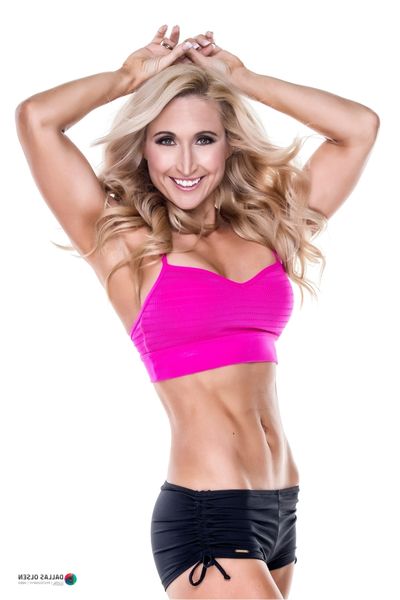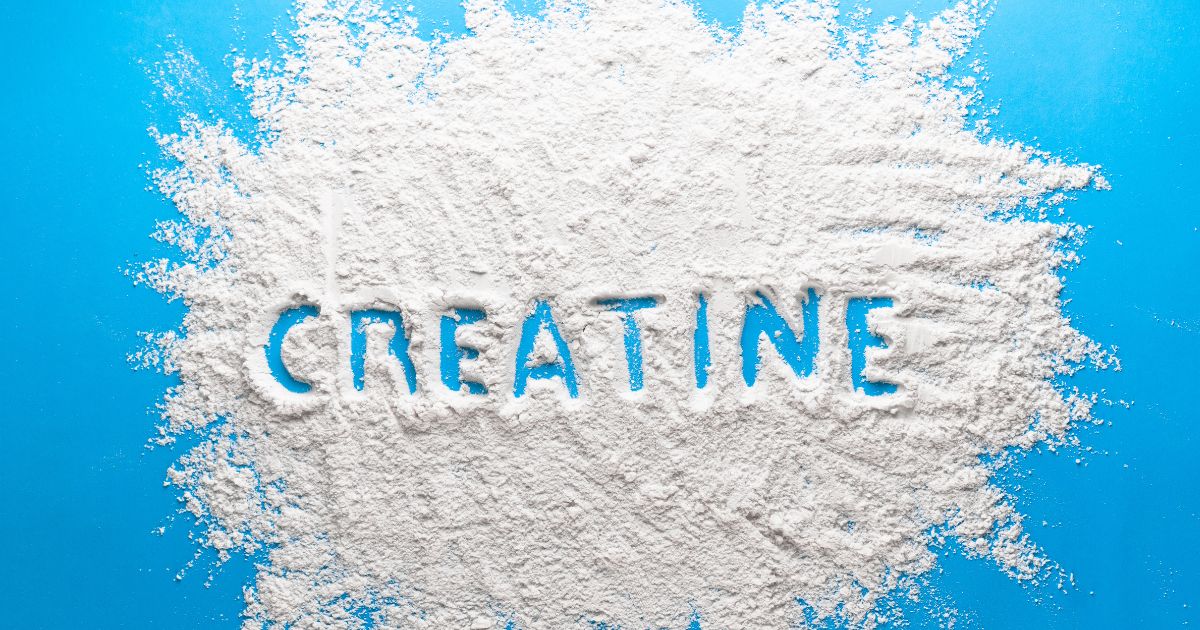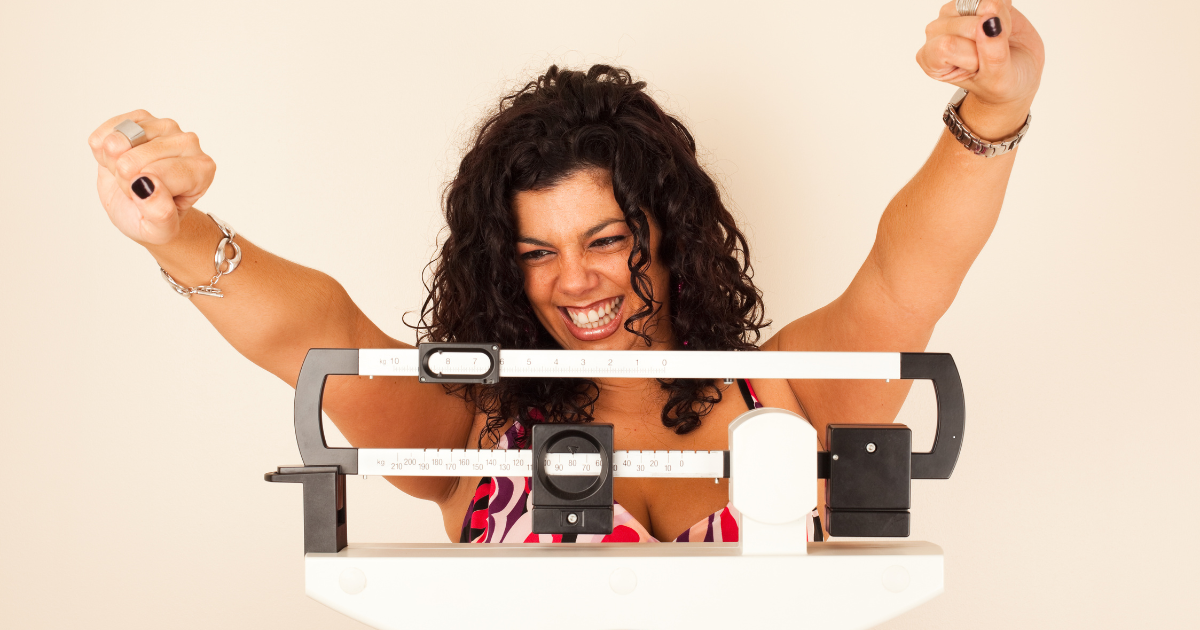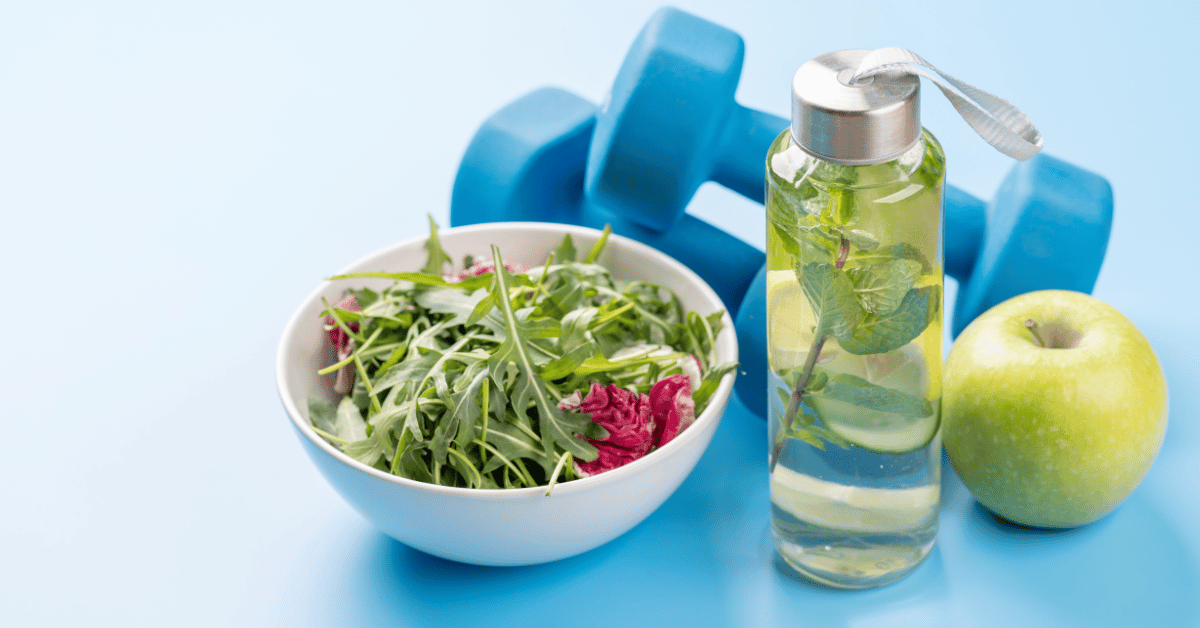Have you ever wondered why you’re suddenly gaining weight—especially around your belly—even though nothing has changed?
The connection between oestrogen and menopause could be the reason. Navigating the transition through perimenopause and menopause can be confusing and frustrating—especially when your body starts responding differently to things that once worked. One of the biggest culprits behind these changes? Oestrogen.
Why Oestrogen Matters
Oestrogen is a key hormone that does so much more than regulate your menstrual cycle. It also:
-
Helps maintain bone health
-
Supports mood and brain function
-
Influences where your body stores fat
-
Affects skin, joints, and even heart health
Think of it as a messenger, guiding many of your body’s essential functions—particularly those tied to reproduction and overall female health.
But as oestrogen levels begin to fluctuate and decline in your 40s and 50s, a cascade of symptoms often follows.
Symptoms of Declining Oestrogen during Menoapuse
Many women notice changes they can’t quite explain—until they understand what’s going on hormonally. Common symptoms include:
-
Hot flushes and night sweats
-
Mood swings and irritability
-
Sleep disturbances
-
Vaginal dryness
-
Decreased libido
-
Joint pain
-
Memory lapses or “brain fog”
These symptoms vary in intensity, but the cause is often the same: declining oestrogen levels.
Oestrogen and Body Fat: What’s Really Going On?
One of the most talked-about—and frustrating—changes during midlife is weight gain, especially around the belly.
When oestrogen levels are balanced, women tend to store fat around the hips, thighs, and breasts—creating a “pear-shaped” figure. That’s because these areas have more oestrogen receptors.
But when oestrogen drops, your body starts to store fat differently. You may find yourself gaining weight around your waistline—even if your diet and exercise routine hasn’t changed.
Why does this happen?
-
Slower metabolism – Your body burns fewer calories at rest
-
Increased insulin resistance – Making it easier to store fat and harder to burn it
-
Fat redistribution – From hips and thighs to the belly
This isn’t just about how your jeans fit. Belly fat can increase your risk for chronic conditions like type 2 diabetes, heart disease, and inflammation.

Oestrogen and Insulin Sensitivity
This is where many women get thrown off. You might be used to eating a higher-carb diet, but suddenly, it’s not working for you.
That’s because oestrogen helps maintain insulin sensitivity, which plays a vital role in how your body processes sugar (carbohydrates).
How Insulin Works
Insulin is the hormone responsible for moving glucose (sugar) from your bloodstream into your cells—where it can be used for energy or stored for later use.
Here’s the flow:
- You eat carbs → your body breaks them down into glucose
- Glucose enters the bloodstream → blood sugar levels rise
- Your pancreas releases insulin
- Insulin acts like a doorman, telling your cells to let glucose in
- Glucose is either:
- Used immediately for energy (e.g. during exercise), or
- Stored as glycogen in your liver and muscles
6. Once those stores are full, the excess glucose gets converted to fat
Now here’s where declining oestrogen becomes an issue.
The Link Between Low Oestrogen and Insulin Resistance
When oestrogen declines, insulin sensitivity decreases. This means your cells become less responsive to insulin. The result? More glucose stays in your bloodstream, and your body stores more fat, particularly around the abdomen.
This process is known as insulin resistance—and it’s one of the major drivers of midlife weight gain.
If you’re eating lots of carbs but not using that energy (due to less activity, stress, poor sleep), your body has no choice but to store the excess—usually as fat.
The Good News: You’re Not Stuck
Understanding this hormonal-metabolic connection gives you power. With the right strategies, you can support your body through these changes and feel strong, energised, and in control.
Exercise smart – Focus on strength training, cardio, and recovery
Eat to support hormones – Try a balanced, anti-inflammatory approach like The Menopause Diet
Manage stress – Cortisol (your stress hormone) also impacts fat storage
Prioritise sleep – Sleep disruptions worsen hormonal imbalance
Stay consistent – Small, sustainable habits work better than quick fixes
Managing Oestrogen Decline
There are several strategies to manage the effects of declining oestrogen:
Hormone Replacement Therapy (HRT)
HRT involves supplementing the body with oestrogen (and sometimes progesterone) to alleviate menopausal symptoms. It’s essential to consult with a healthcare provider to discuss the benefits and risks.
Lifestyle Modifications
-
Nutrition: A balanced diet rich in calcium and vitamin D supports bone health. Incorporating phytoestrogens (found in soy products) may also help.
-
Exercise: Regular weight-bearing and strength-training exercises can maintain bone density and improve mood.
-
Prioritise Sleep : Establishing a regular sleep routine can combat insomnia and fatigue.
-
Stress Management: Practices like yoga, meditation, and deep-breathing exercises can alleviate mood swings and anxiety.
- Stay consistent:Small, sustainable habits work better than quick fixes.

Midlife doesn’t have to mean losing control over your body. With the right tools, you can feel strong, energised, and empowered—no matter your age or hormone levels.
If you’re tired of guessing what’s going on with your body, The Menopause Diet and the Midlife Makeover Program can help you take back control with proven, practical strategies tailored for women just like you.





